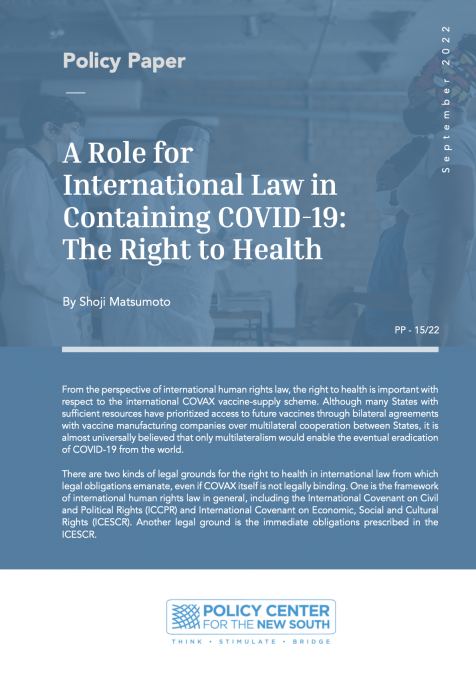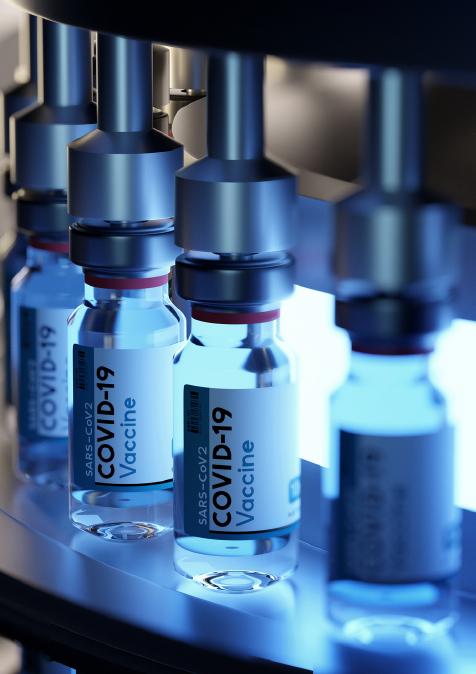Publications /
Policy Brief
Alors que la pandémie de la Covid-19 continue de sévir et d’alimenter nombre de turbulences politiques et économiques, un nouveau fléau s’abat sur le monde : Le nationalisme vaccinal. Témoin de la fragmentation de la santé publique mondiale et de l’effritement du multilatéralisme face au chaos sanitaire, le nationalisme vaccinal, soit la course aux droits prioritaires pour l’accaparement de doses à la production limitée, menace de politiser l’accès au vaccin. Outre les préoccupations sur le plan éthique, cette approche nationaliste alimente les inégalités sanitaires et socio-économiques, portant préjudice aux pays en voie de développement, et menace, également, la sécurité sanitaire de tous, la fermeture des frontières n’étant que temporaire et aisément perméable.
Ce Papier met en perspective les enjeux géopolitiques et économiques de la course au vaccin contre le nouveau Coronavirus, souligne les répercussions du nationalisme vaccinal sur les déséquilibres de pouvoir et dégage des pistes de réflexion pour la garantie d’un accès équitable au vaccin, nécessaire à l’endiguement de la pandémie.











